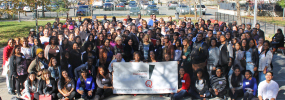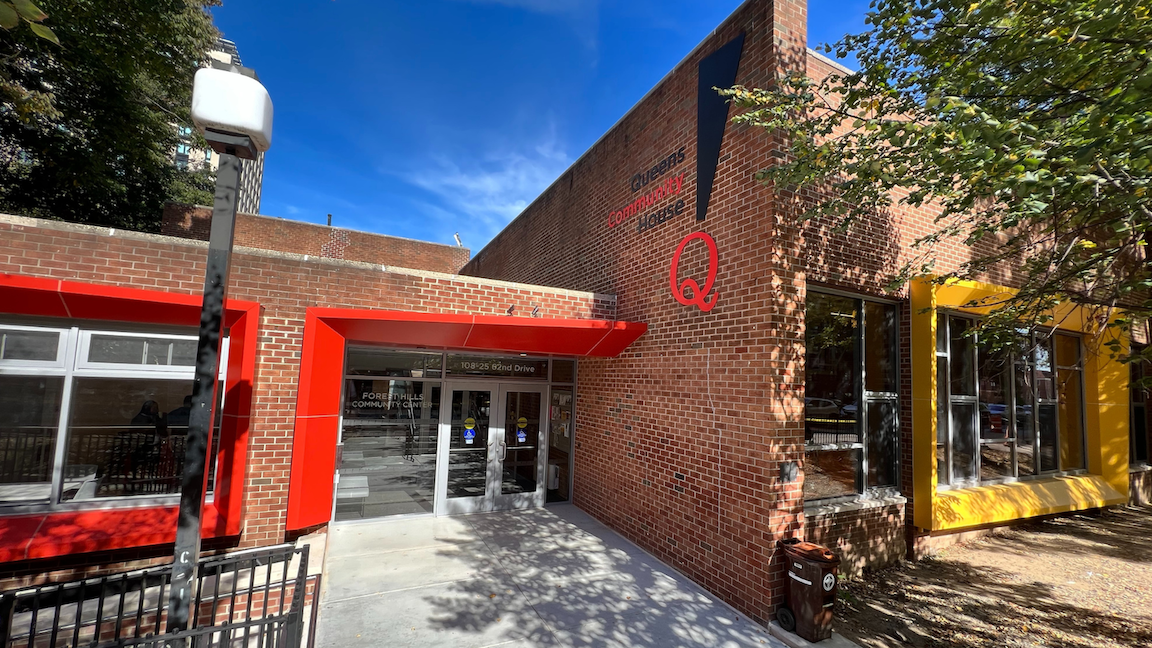
Support Queens Community House
Queens Community House provides individuals and families with the tools to enrich their lives and build healthy, inclusive communities.

This Is Queensborough: Queens Community House Reopens Newly Renovated Forest Hills Community Center | February 2023: The Forest Hills Community Center --- a site born from a bitter controversy that gripped our borough 50 years ago --- has reopened for programming after undergoing a major renovation. The Center was part of a compromise crafted by little-known attorney Mario Cuomo after a widespread uproar arose from plans to build a public housing development in Forest Hills, then a predominantly white, middle class community. The conflict touched on racial tensions and prejudices, but also demands for government accountability and community input in local planning.
Cuomo’s compromise, which also included establishing the development as the first and only coop in New York City Housing Authority’s (NYCHA’s) portfolio, received a mixed response, but the process and the result were ultimately deemed a great success. My organization, Queens Community House (QCH, originally Forest Hills Community House) was founded to run the newly-built community center on the site, with a board comprised of neighbors from both sides of the conflict. When the Center’s doors opened in 1976, it hosted only three small programs, but from the beginning these programs were crucial in bringing together new and longstanding residents of the community and helping a divided community to heal. As our organization grew, so, too, did the Center’s activity. Before the renovation, more than 500 neighbors attended the Center on a typical day, and more than 4500 people passed through its doors each year.
As the neighborhoods around the Center (Forest Hills, Rego Park, Corona, Elmhurst) changed and diversified, the Forest Hills Community Center continued to play an important role in community integration and stability. Children, teens, older adults, new immigrants, and families from different backgrounds and walks of life have come to the Center to improve their lives, to learn a skill or get connected to a resource, to get to know their neighbors, and to make a difference in their community. As we have seen in Forest Hills and in the other 14 neighborhoods in which we now operate, community centers are the keystones to healthy, integrated communities and are fundamental to the work that we do as a settlement house. In addition to providing much-needed services, community centers also serve as modern-day town squares, where people can debate opinions, share ideas, and find fellowship. I believe this has been especially true in Queens, which has been at the forefront of what urban communities of the future will look like.
Click here and go to page 8 for the full article.